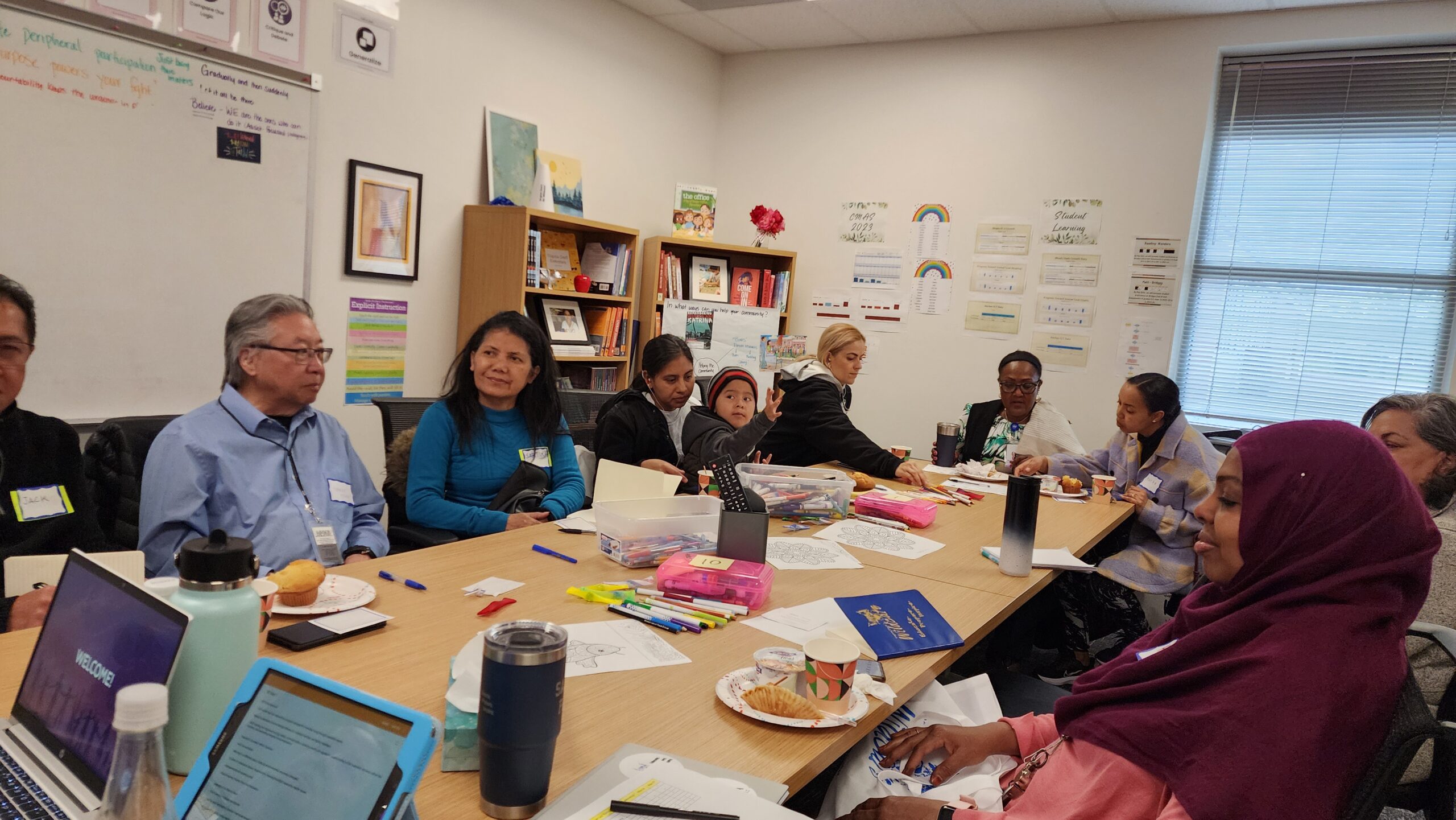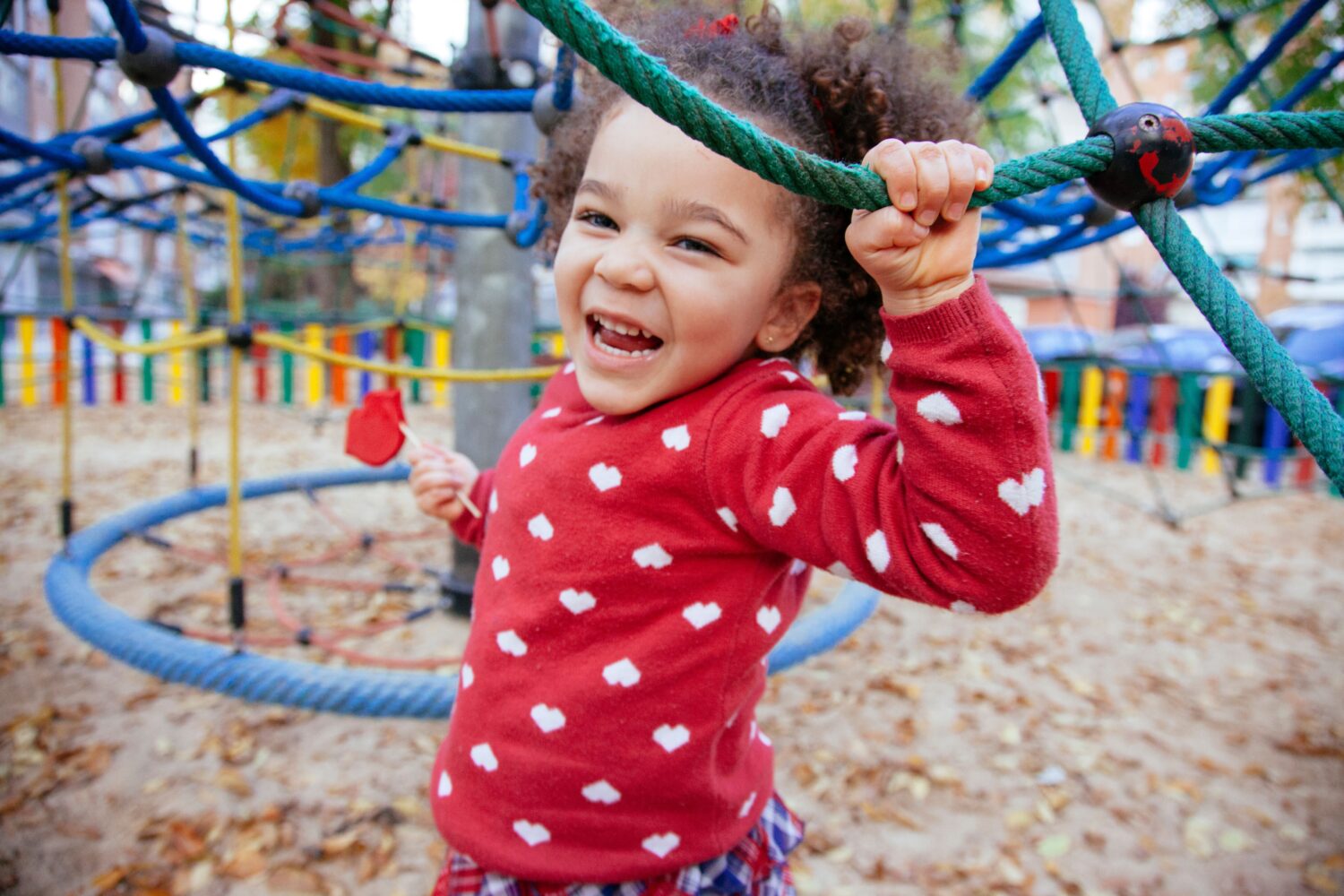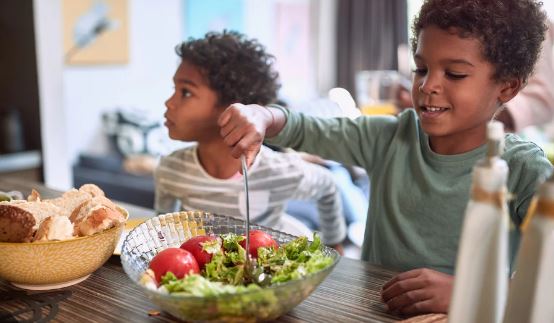Guest blog by Dr. Laura McArthur
Co-Founder and Co-Executive Director of Resilient Futures
Resilient Futures aims to help children, families, and educators by using “trauma-informed care” or “trauma-informed practices.” This blog will share why these practices are important for young children and how adults can use them.
The Early Years: A Key Time for Growth
Early childhood is a crucial time for children. Their brains grow fast, and their early experiences shape their future. If children go through trauma, like poverty, violence, or neglect, it can hurt their development in many ways. Often, these effects are not obvious at home or in school.
Research shows that young kids who experience trauma might have trouble controlling their emotions, making friends, or even learning. The signs of trauma can look like challenging behavior, but the real problem is often missed. Trauma-informed practices help us notice these signs and create a caring environment for healing.
Understanding Trauma in Young Children
To understand why trauma-informed practices are essential, we need to see how trauma affects young kids. Trauma is not just a difficult event; it changes how a child’s brain and body react. For kids whose brains are still developing, trauma can interrupt how they learn and manage emotions. This can make it hard for them to feel safe or connect with others.
Children who have faced trauma may feel scared and always on guard, even in safe situations. This can lead to outbursts, withdrawal, or difficulties getting along with others.
The Power of Trauma-Informed Practices
Trauma-informed practices help children feel safe, seen, and supported. At Resilient Futures, we believe starting early helps children grow stronger. Our approach, called the 4 R’s—Relate, Reflect, Renew, and Restore—creates caring spaces for kids to thrive.
1. Relate: Building trusting relationships with adults is vital. When children feel connected to their caregivers or teachers, they feel safer and more ready to learn. Adults can do this by being calm, present, and understanding.
2. Reflect: Adults should help children think about their feelings and behaviors. Instead of punishing them for acting out, adults can help them understand their emotions. This helps kids learn about their feelings and reactions.
3. Renew: It’s important to help children feel safe again. Trauma can make kids feel unsafe even when they are safe. Simple things like having routines, quiet spaces, and breaks can help kids feel in control and secure.
4. Restore: Finally, trauma-informed practices help kids feel good about themselves. When children feel safe and supported, they are more likely to learn and make friends. This boosts their confidence and sets them up for success.
Why Training Matters for Educators
Creating trauma-informed spaces requires training and support. Many educators care deeply about their students, and trauma-informed practices give them the tools to help even more. Our online course, Trauma Informed Futures©, teaches caregivers and educators about the needs of young children who have faced trauma. It provides practical tips for creating safe spaces.
The course explains how trauma affects brain development and behavior. Educators learn how to recognize signs of trauma and respond with kindness. Whether working in homes or schools, educators can use these practices to help children feel safe and ready to learn.
Creating Positive Change for the Future
At Resilient Futures, we aim to build caring and inclusive communities. We believe that trauma-informed practices are key to making our world better for all children. By training adults who work with young children, we can help build resilience in future generations.
By understanding how trauma affects learning and behavior and responding with empathy, we can create spaces where every child can heal, grow, and succeed.
If you want to learn more about trauma-informed practices, I encourage you to check out our Trauma Informed Futures© online course. Together, we can create the strong and inclusive communities our children deserve.
 Strengthening Family Coping Resources, Peer to Peer Program
Strengthening Family Coping Resources, Peer to Peer Program
________________________________________
About the Author:
Dr. Laura McArthur, Licensed Clinical Psychologist, is the Co-Founder and Co-Executive Director of Resilient Futures. She has dedicated her career to trauma-informed education, working to build resilience in children and communities through compassionate and equity-centered practices. Dr. McArthur holds a Ph.D. in Clinical Psychology from the University of Utah and has extensive experience in child and adolescent trauma services. At Resilient Futures, she leads training sessions and consultation services, with a focus on creating inclusive, trauma-informed environments for all. Find out more and our online course at www.resilientfutures.us.
keyTakeaways
To understand why trauma-informed practices are essential, we need to see how trauma affects young kids. Trauma is not just a difficult event; it changes how a child’s brain and body react.
Trauma-informed practices help children feel safe, seen, and supported. The Resilient Futures approach, called the 4 R’s—Relate, Reflect, Renew, and Restore—creates caring spaces for kids to thrive.
Creating trauma-informed spaces requires training and support. Many educators care deeply about their students, and trauma-informed practices give them the tools to help even more.





